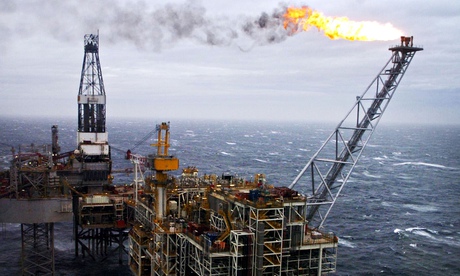In the countdown to D-day for Scottish independence, there is a rift in opinion over the future of the North Sea's oil and gas industry. Even after a recent decision to downgrade its forecasts, the Scottish National Party (SNP) believes the maturing oil and gas fields could generate tax revenues of £34.3bn between now and 2018-19. The Office of Budget Responsibility (OBR) has put the figure at less than half that: just £15.8bn.
Despite concern about depleting reserves, innovation in the energy sector is particularly strong. Businesses working in the North Sea recognise that what they learn here about deep-water extraction will stand them in good stead when working or servicing fields in other parts of the world, particularly if they can secure patent protection for deep-water innovations.
One challenge the industry faces is tapping new wells. At depths of almost 2km, the technical challenges associated with installing equipment are immense. There is now a move towards new modular units that are dropped into place and then managed by remotely-operated underwater vehicles. New cages to protect the technology and mechanisms to manage the tools remotely are all patentable technologies.
Another challenge, affecting many brownfield sites in particular, is low reservoir pressure. As a harsh offshore area, lifting costs in the North Sea have long been carefully balanced against production revenue. However, as production slows due to reservoir depletion, some sites are becoming uneconomical. This has led to an increased focus on work to understand how new subsea, underwater technologies could increase reservoir output.
As reservoirs become depleted, a much higher proportion of water is pumped up along with the oil or gas and getting it back to a processing area can be costly. Innovative oil and gas companies are developing reliable processing systems which separate oil and gas from water while still on the sea bed. The oil and gas alone is then pumped to the surface.
Despite political interest – or perhaps because of it – there is still considerable interest in the North Sea.
David McWilliams is partner and patent attorney at intellectual property firm Withers & Rogers. His colleague, Stuart Latham, is a senior associate and patent attorney. Both are members of the firm's oil and gas group.
This article is part of the Guardian's #bigenergydebate series. Click here to find out more about this project and our partners.


















